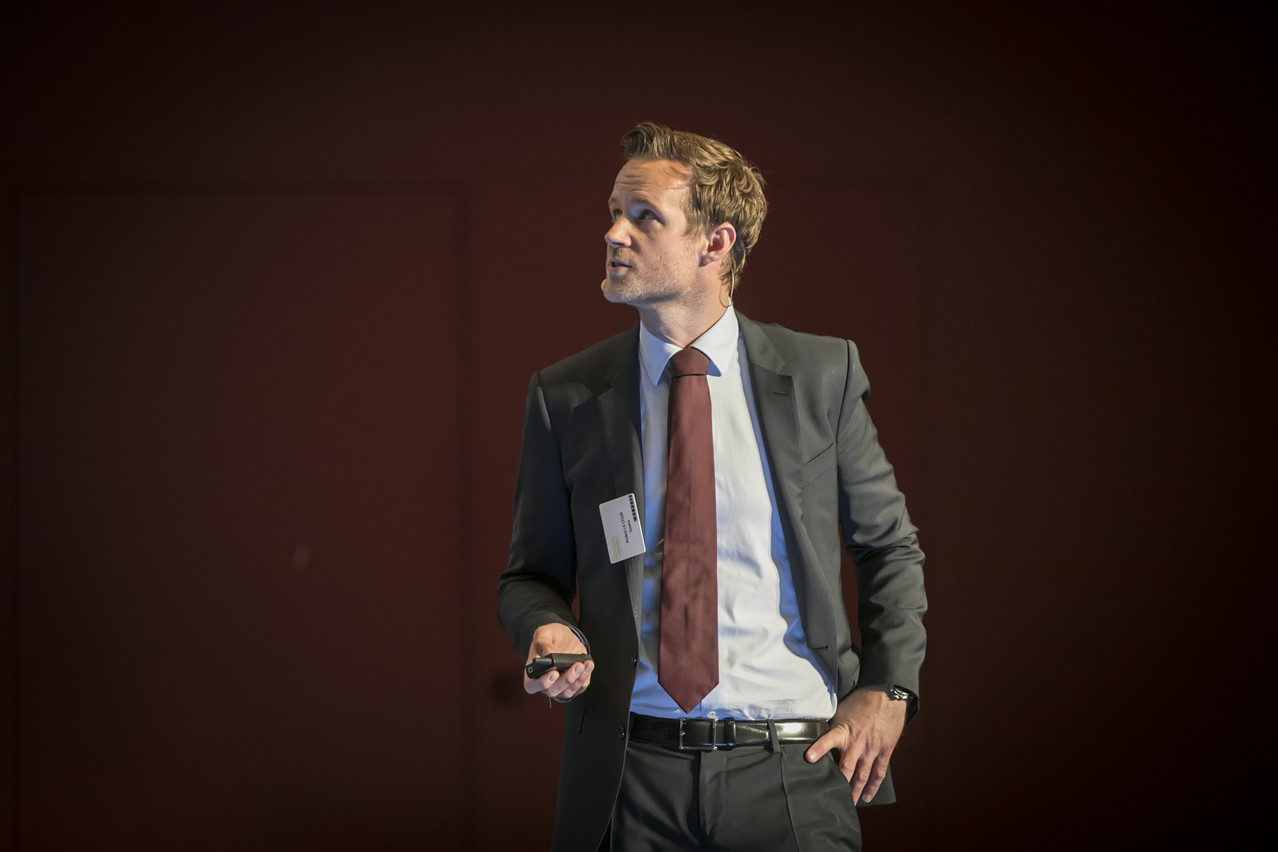Saxo Payments Banking Circle set up in Luxembourg to take advantage of growing its Fin Tech and innovative environment. Prior to choosing the grand duchy as its location of choice, it carried out an extensive analysis of other European financial centres to see which would meet its demanding criteria. Luxembourg won hands down.
Speaking at the Deloitte Horizon conference on 3 May the company's CEO and founder, Anders la Cour, explained in what ways Luxembourg matched the company’s standards and suggested a few areas for potential improvement.
Saxo had been set up in London but, like many other companies, decided to look for a European base following the Brexit vote. It established a list of demanding criteria that it would need in a European financial centre and set out to investigate the Netherlands, Ireland and Luxembourg.
“We needed a centre that could offer us a strong base within the European Union with access to a qualified talent pool,” la Cour explained. “Ideally it should be a region that is attractive to investors with a quality infrastructure that could support our global business.” Above all, he said, “It should have a government and regulator that are open to innovation.”
Although the Netherlands and Ireland were strong contenders, it was Luxembourg that ticked all the boxes, especially with regards to the regulator (CSSF). It is not really one of the CSSF’s key functions to promote the Luxembourg financial centre, but it is very often cited as one of the principal reasons financial companies chose Luxembourg--and not due to its lack of diligence.
“The regulator took the time to really understand our business model. Thanks to its experience with financial services and technology this did not take long.”
It has been said that the CSSF provides both stability and good governance thanks to its thorough understanding of the entities under its supervision, and this is very attractive to new companies as, among other things, it means a shorter decision-making process.
As for areas of improvement, la Cour suggested that Luxembourg should look to diversify. “Luxembourg is highly specialised,” he said. He also encouraged further investment into the university to develop a home-grown talent pool and continued support for innovative start-ups and the incubators that help them get off the ground.
